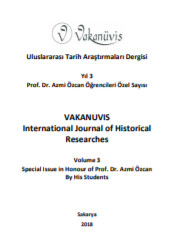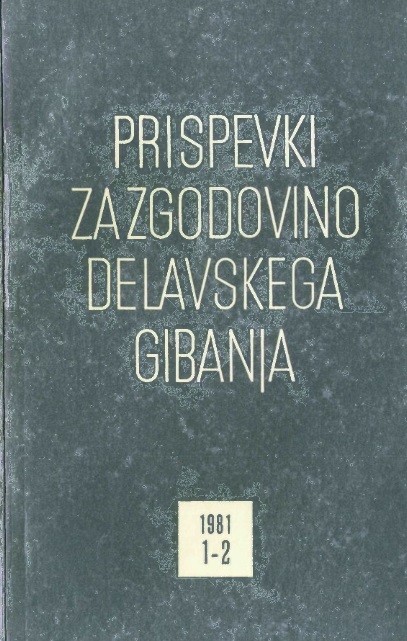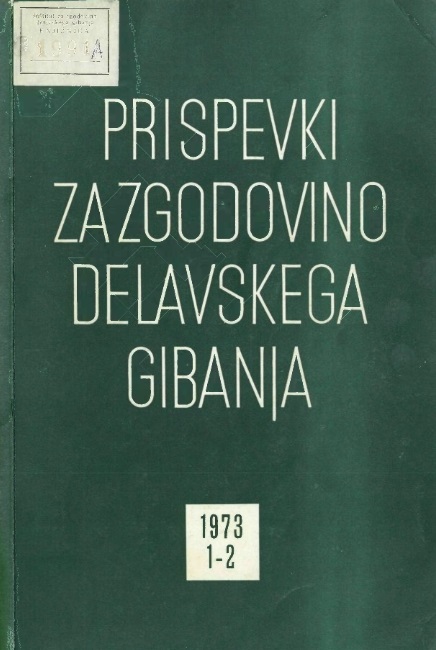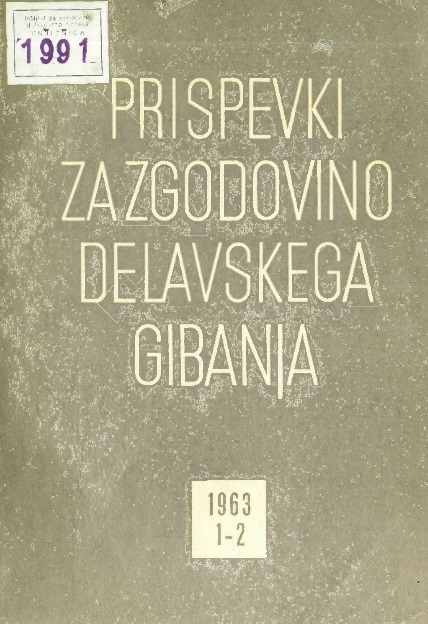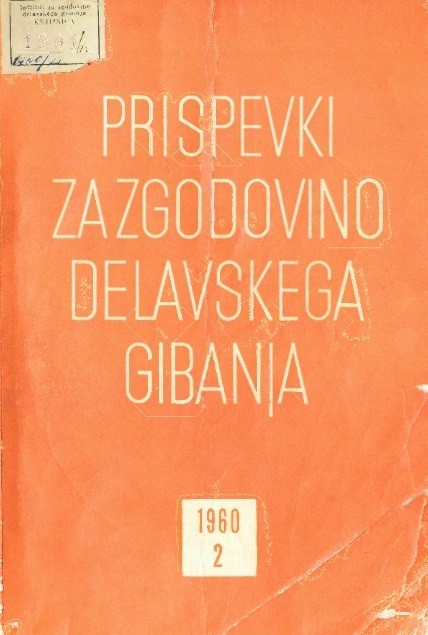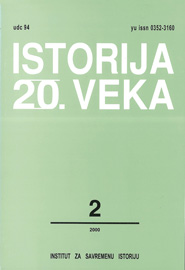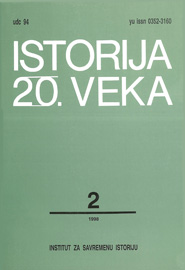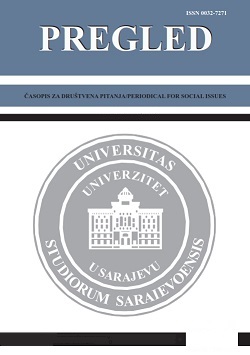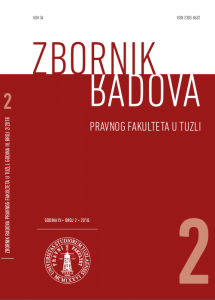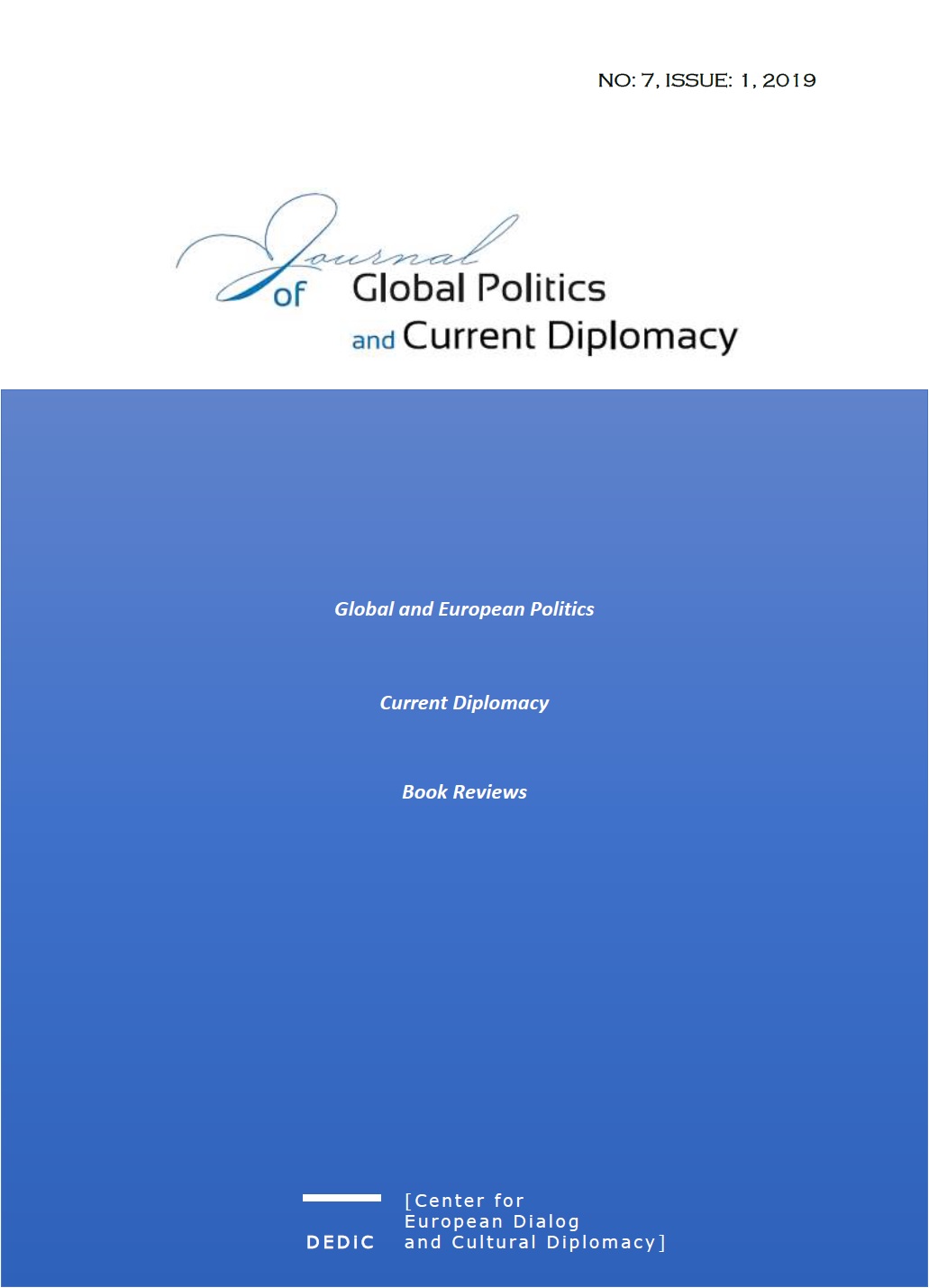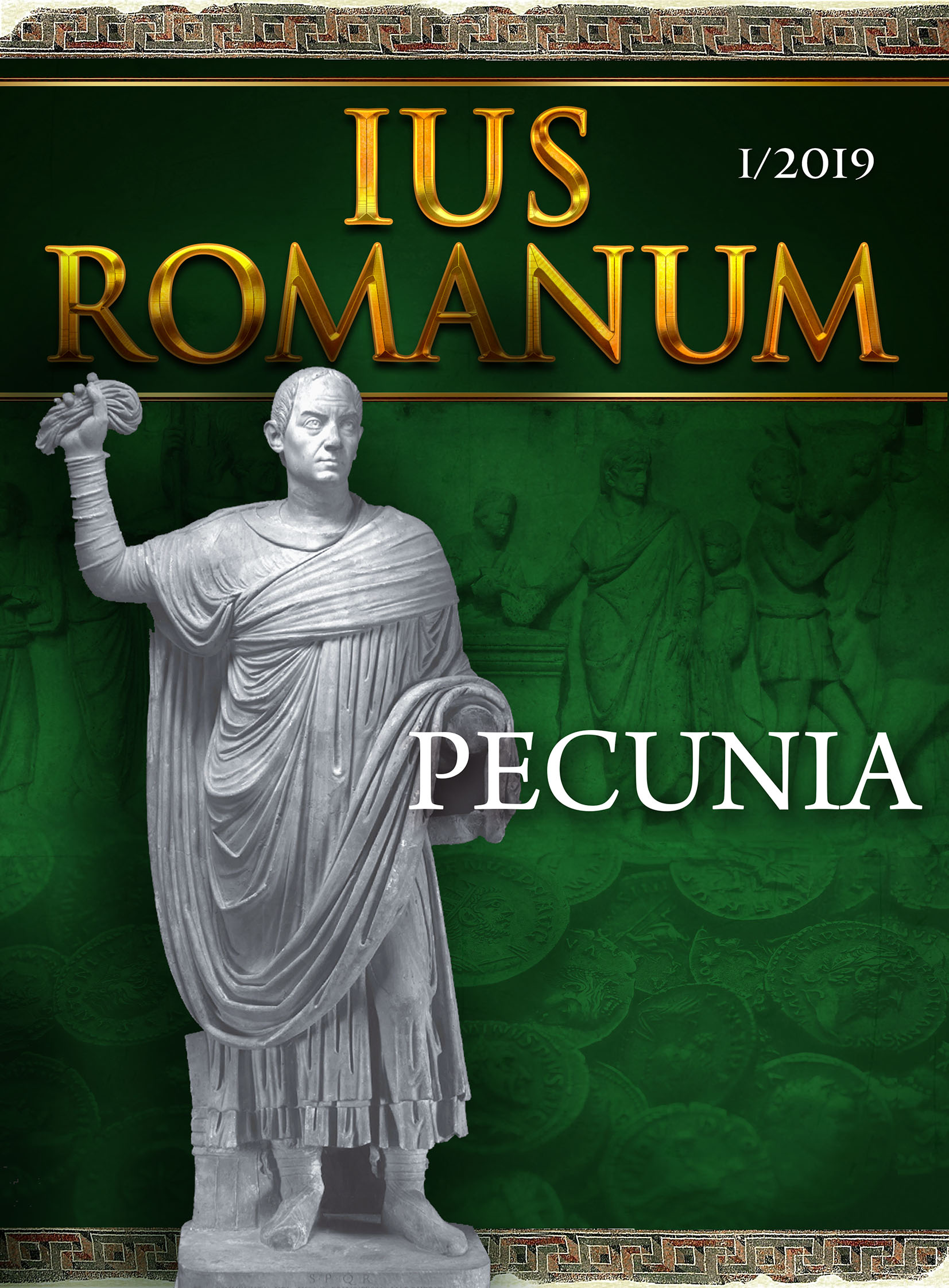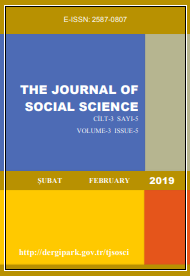
İSLÂM BORÇLAR HUKUKUNDA İSTİSNÂ’ (ESER) SÖZLEŞMESİ (TÜRK HUKUKU İLE MUKAYESELI)
The contract for work has been implemented since the ancient history as a need for people. It was implemented for the purpose of supplying simpler goods that were not ready for purchase at the time of contract in early periods. It is emphasized that this feature does not cause harm and deception for the parties. This transaction gained its legitimacy by becoming customary law in some goods and took its place in the legal systems. It is possible to observe this situation starting from the Roman Law in line with western law and to follow it in Turkish Law. In terms of the legitimacy of this contracts in Islamic law, it is especially made emphasis to the customary law implementation especially in the Hanafis. It is accepted that there is a general acceptance due to the need and prevalence in practice. Otherwise, it will be subject to the prohibition rule on the sale of non-existing goods which is being in the classical approach. The debates in the legal nature of this contract have been significantly concluded with Mecelle in a way that responds to current needs and this is reflected in Ottoman law as well. The contract for work which has the opportunity to practice in many areas ranging from simpler topics and construction projects to the finance area, can be the subject to agreement. At this point, it is possible to talk about the aspects of Islam and Turkish Law which are more similar than the points they are separated.
More...
